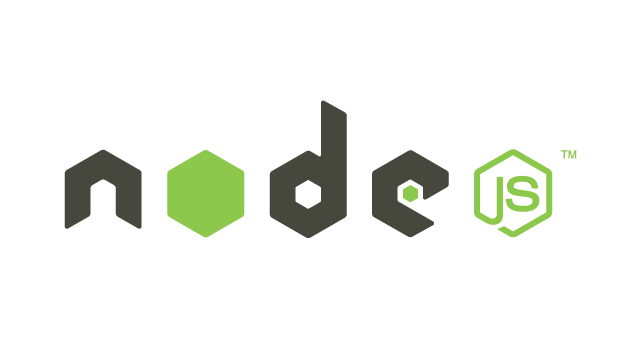The Node.js Foundation has released Node.js 7.6.0, an experimental version of the server-side JavaScript platform that moves forward with async/await capabilities for handling asynchronous operations. But the Foundation advises enterprise users to skip using the new release in production and instead wait for Node.js 8 to arrive in April.
With Node’s release strategy, odd-numbered releases like the 7.x line are short-lived but feature cutting-edge capabilities still in an experimental phase; even-numbered lines represent Long Term Support lines for enterprises to adopt.
Async/await handles asynchronous operations via the promises capability, which represents a value that may or not be available now or in the future. It resolves asynchronous operations like file and network I/O, and code can be written in a synchronous way while remaining asynchronous.
While async/await had already been in the 7.x line, an update to version 5.5 of Google’s V8 JavaScript engine in release 7.6 means the feature is no longer behind a flag, which required special options to run it. But async/await remains an experimental feature.
“This release includes upgrades to other dependencies bundled with Node.js as well as incremental improvements to Node.js core modules,” Mikeal Rogers, Node community manager, said. Also offered in Node.js 7.6 are updates to both libuv, which is a library for asynchronous I/O, and zlib, which offers compression.
The foundation this week also released versions 6.10 and 4.8 of the platform. The 6.10 release features APIs to check memory usage, while 4.8 offers statistics about heap sizes in V8 and adds Application-Layer Protocol Negotiation for cryptography. Both releases offer incremental improvements to LTS streams, introducing features that have already landed in a Node.js 7.x release. The Node.js project back-ports such features for a variety of reasons, but mostly because these are considered useful or important enough.
IDG News Service







Subscribers 0
Fans 0
Followers 0
Followers